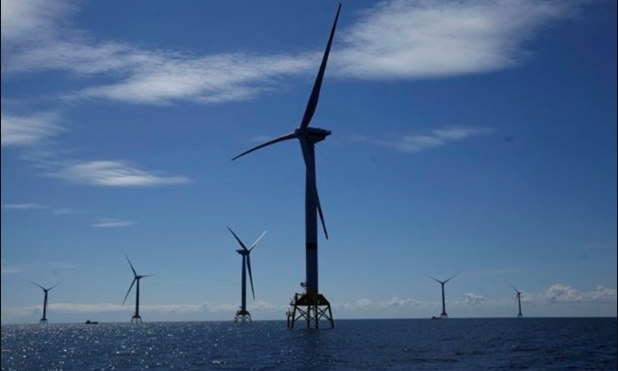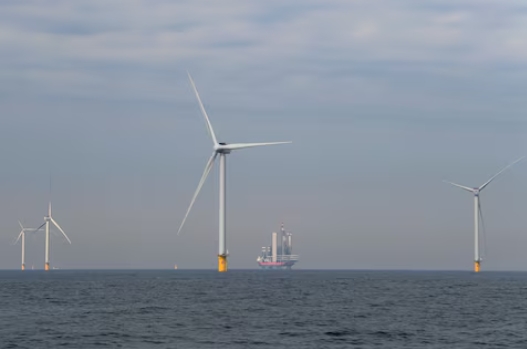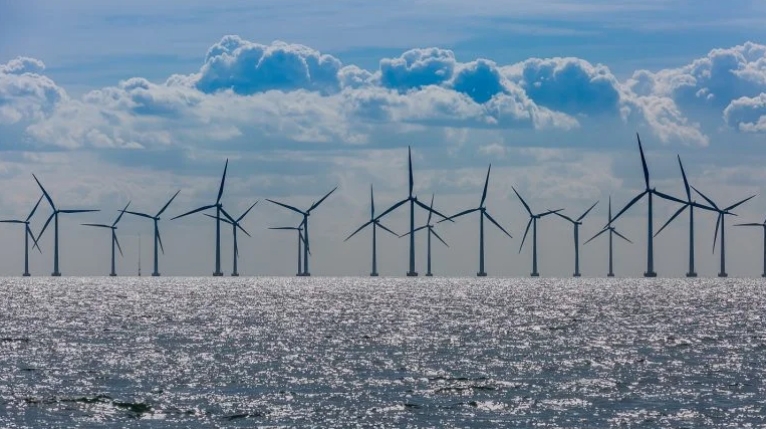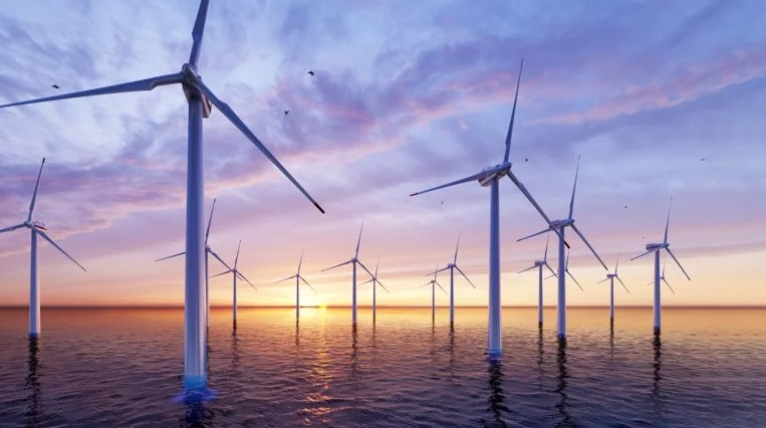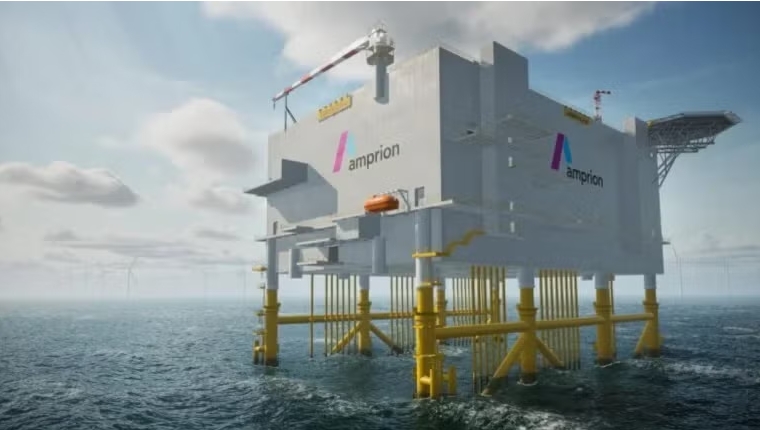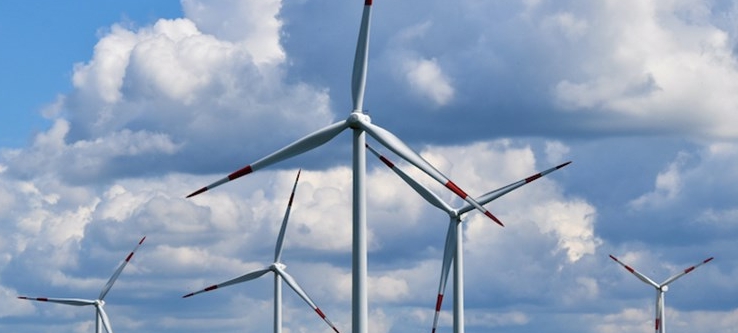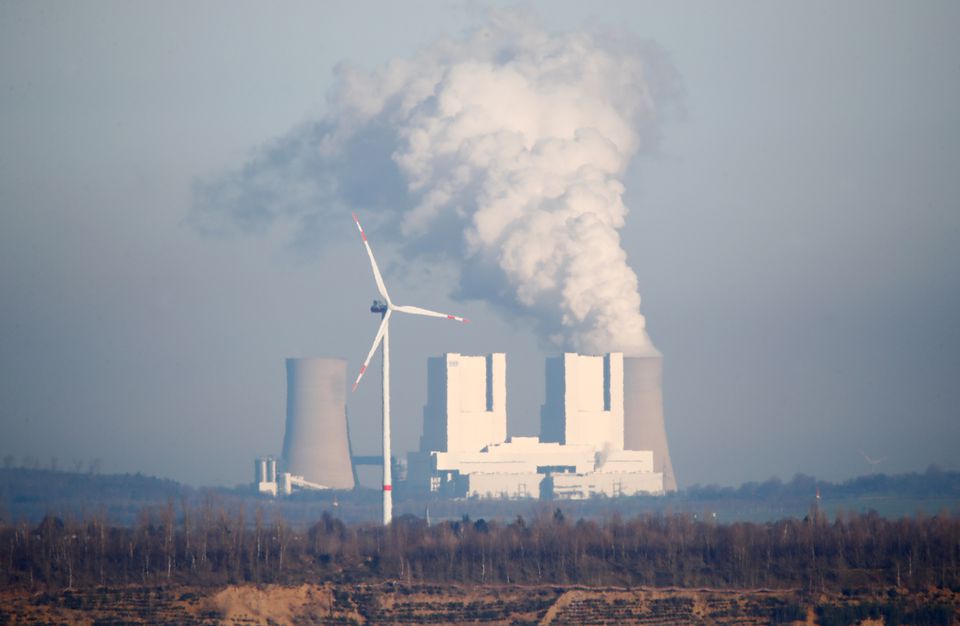
Greenhouse gas emissions across the European Union rose in the first quarter from a year earlier, but remained just below pre-pandemic levels, the bloc's statistics office said on Tuesday.
Eurostat said greenhouse gas emissions from businesses, households and government activities amounted to 1,029 million tonnes of carbon dioxide equivalents, up 6% year-on-year but below 1,035 million tonnes in the first quarter of 2019.
Households contributed 24% of emissions for the period, Eurostat said, closely followed by the energy supply and manufacturing sectors, respectively accounting for 21% and 20%.
It added emissions increased in all sectors year-on-year — except for households where they were unchanged — reflecting an economic recovery from the pandemic.
Almost all member states registered an increase from the same period last year, with Bulgaria showing the largest rise across the bloc with a 38% jump, followed by Malta with a 21% increase.
The Netherlands and Finland were the only EU states to record a decrease compared with the first quarter of 2021.
The overall increase threatens the 27 member EU's goal to reduce greenhouse gas emissions by at least 55% by 2030 from 1990 levels, and reach net zero emissions by 2050 — a plan that entails the closure of coal-powered plants.
The war in Ukraine and the subsequent economic sanctions imposed on Russia — the EU's main energy supplier — have prompted the bloc to save gas and store it this winter, fearing a total halt of Russian gas flows.
Some European countries are considering bringing back coal to achieve this target.
